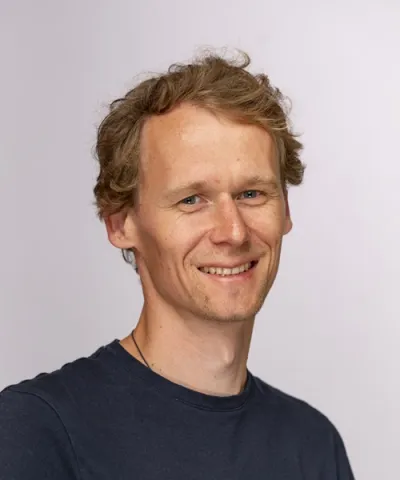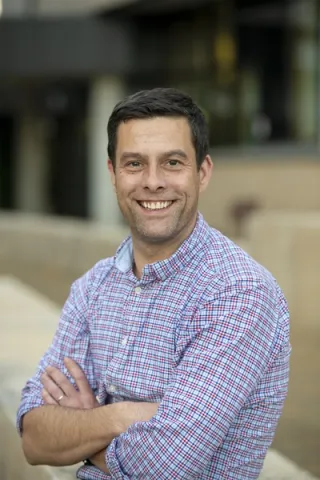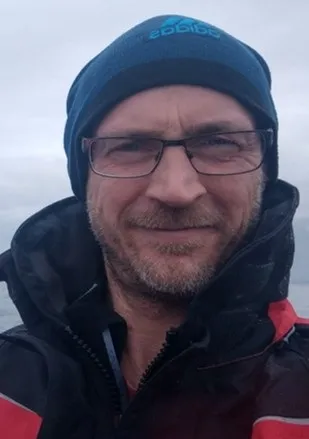About the project
The aim is to resolve gene expression of individual cells in marine samples by a new sequencing approach. This information can help us understand how microbes turn over nutrients, mutually interact, and adapt their physiology to environmental change such as coastal water pollution and climate change.
Microbial eukaryotes are important drivers of marine nutrient cycles but most of them remain uncultured and little known. Sequencing of bulk environmental RNA has revealed patterns in the metabolism of whole microeukaryotic ‘phyla’, but it lacks resolution at the level of species and populations, where much metabolic variation underlying nutrient flows occurs. One way of linking metabolism to species and populations (‘who does what’) is by microfluidics-based separation and sequencing of individual cells. This novel approach has been increasingly popular in Biomedicine but scarcely applied to environmental microbiology.
You will use the flexible DropSeq platform to bring high-throughput single-cell sequencing to environmental microbiology. You will first optimise microfluidic cell separation on laboratory cell cultures, then use your pipeline to process samples of coastal phytoplankton across natural and human-induced gradients (water pollution, harmful algal blooms). By assembling and analysing transcriptomes from thousands of cells per sample, you will model dominant metabolic pathways and nutrient flows, and identify the involved genes. You will then proceed functionally characterize selected, understudied metabolic genes involved in carbon, phosphorus and nitrogen conversion by phytoplankton and other processes (DMS release, bioluminescence). This work will involve mutant complementation, heterologous gene expression, and/or gene knockout in laboratory models, such as E. coli, Synechocystis and Phaeodactylum.
Your work will introduce a powerful and reconfigurable analytic method to environmental microbiology. Your results will improve our understanding of physiology, interactions and metabolic variation in phytoplankton and other microbes, and have implications for coastal ecology, climate change and human health.
Training
The INSPIRE DTP programme provides comprehensive personal and professional development training alongside extensive opportunities for students to expand their multi-disciplinary outlook through interactions with a wide network of academic, research and industrial/policy partners. The student will be registered at the University of Southampton and hosted at School of Ocean and Earth Science at the National Oceanography Centre, Southampton. Specific training will include:
- Experimental ecology
- Fish husbandry
- Ecology of marine fish
- Underwater acoustics
- Bioinformatics
- Data analysis and visualization (mainly in R)
- Presentation skills (oral and written)
- Teamwork
- Scientific writing


